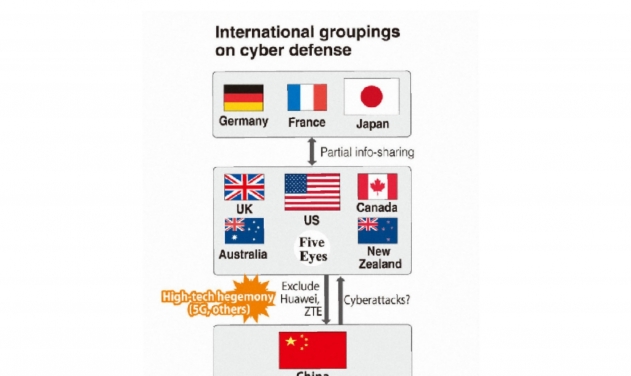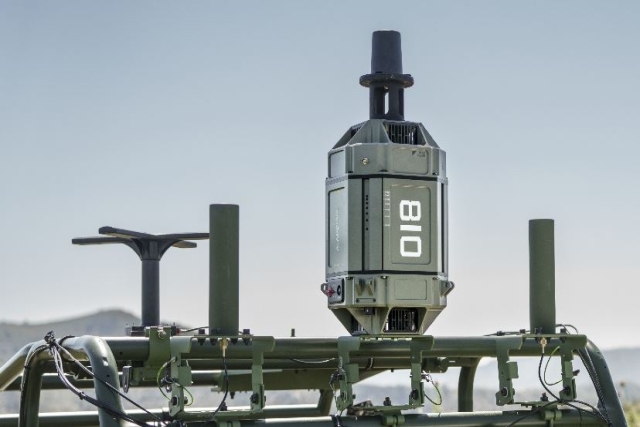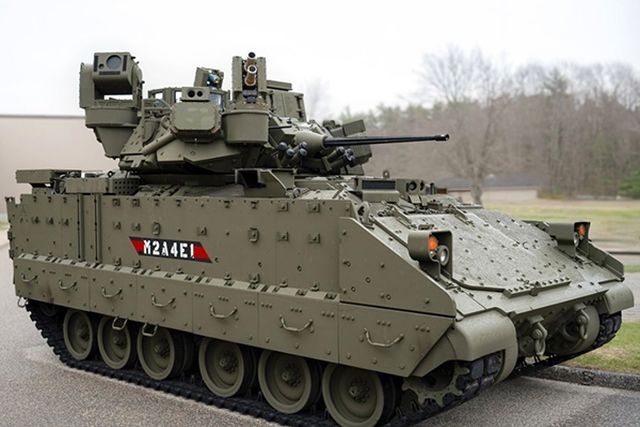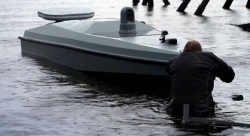US, 7 Other Nations join forces To Take On China In Cyberspace

The "Five Eyes plus 3", an alliance of five English speaking nations- US, Australia, UK, Canada, New Zealand plus Germany, France and Japan have launched a new information sharing structure to take on malicious cyberspace activity from countries such as China.
Japan has decided to stop using Chinese-made telecommunications products for governmental use. Tokyo also intends to implement tough safety measures for providers of cloud data storage and exchange services for the public sector, The Mainichi reported Monday.
The Five eyes can be traced back to the signals intelligence agreement of the allies during WW2. They share information obtained from global telecom networks.
The latest intelligence-sharing framework began in early 2018. Officials from the eight countries held multiple plenary meetings and bilateral sessions to share secret information about China's cyber activities.
The US had warned Japan, Germany and France against Chinese telecom products having "backdoors" for online intrusions.
The eight countries have agreed to cooperate as required, the report quoted sources as saying.
The US is increasingly worried about cyberattacks and information theft by China, owing to the latter's dominant presence in the development of 5G mobile telecommunication systems.
Chinese majors like Huawei and ZTE Corp were excluded by the US from government procurement last year, a suit that was soon followed by Australia and New Zealand.
Japan intends to take similar measures this April. The country has also requested companies in 14 sectors offering key infrastructure services such as telecommunications, financial services and railways to beef up cybersecurity.
Japanese government plans to introduce strict safety standards used by the US for the cloud services at its own government ministries and agencies.
Specifically, the new standards will include detailed specifications for high-capacity server computers and requirements for responses to cyberattacks among companies offering such products and services. The government will periodically examine whether those providers are meeting set standards, and additionally require privately owned key infrastructure providers to adopt similar measures themselves, the report added.










